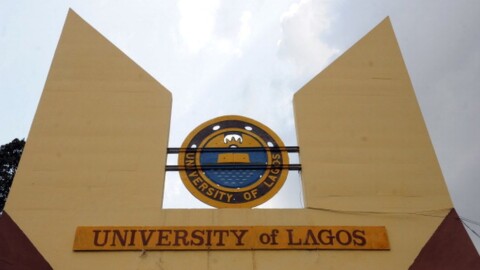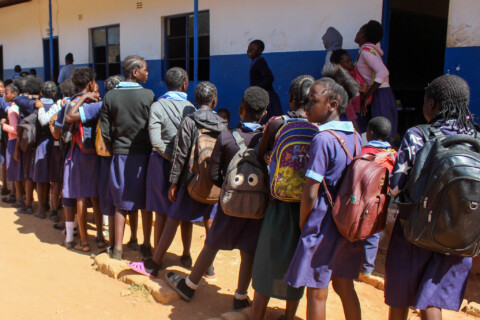The Nigerian government, under President Bola Tinubu, has announced a significant reduction in allowances for Nigerians studying abroad. This decision, communicated by the Federal Ministry of Education, addresses the country’s ongoing economic difficulties, which have forced the government to make tough financial decisions.
The new policy affects Nigerian students in several countries, including Russia, Morocco, Algeria, China, and Hungary. These students are beneficiaries of the Bilateral Educational Agreement (BEA) Scholarship, a program designed to foster international educational exchange. The scholarship has been instrumental in supporting Nigerian students pursuing their studies in these foreign nations, but recent financial challenges have led to a reassessment of the funding.
According to a memo dated July 23, 2024, signed by Ndajiwo H.A., the Director of the Federal Scholarship Board, the allowances for these students will be significantly cut. Monthly allowances will be reduced from $500 to $220, graduation allowances will drop from $2,500 to $2,000, and research allowances for postgraduate students will fall from $1,000 to $500. This adjustment will decrease the total allowance per student from $5,650 to $4,370.
The Federal Scholarship Board, which operates under the Federal Ministry of Education, oversees the BEA Scholarship. The reductions have been attributed to the current economic situation in Nigeria, which has led the government to reallocate resources. The memo, sent to the scholars’ association, explains that these cuts are a necessary response to the financial pressures facing the country.
The scholarship program has been having problems lately, with students not receiving their payments for the last eight months. This delay has made it even harder for students to pay for their living costs while studying abroad. The memo recognizes these issues and promises that any unpaid amounts for 2023 and 2024 will be paid once the necessary funds are available.
Ayuba Anas, the President of the Union of Nigerian Students benefiting from this scholarship, has expressed serious concerns about the impact of these reductions. Many students, particularly those who arrived in China in April and May 2023, have not received their stipends. This delay has worsened their financial struggles and raised questions about how they will manage their expenses with the reduced allowances.
To address these financial difficulties, the Federal Ministry of Education has promised to find a solution. Although the recent cuts are meant to deal with current economic pressures, the ministry is dedicated to helping the students who are affected. This situation underscores the larger problems faced by international students who depend on government scholarships to fund their studies abroad.
Overall, the decision to reduce allowances shows the tough challenge the Nigerian government faces in managing its limited resources while still trying to support its citizens studying abroad. The cut in funding highlights the need for a long-term solution that can address both the economic difficulties at home and the financial needs of students studying overseas.





